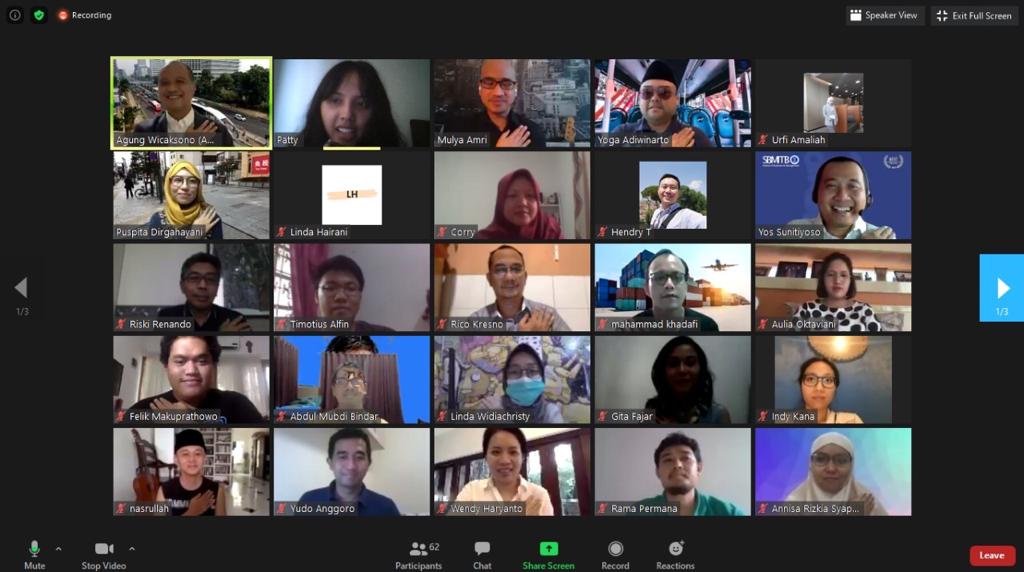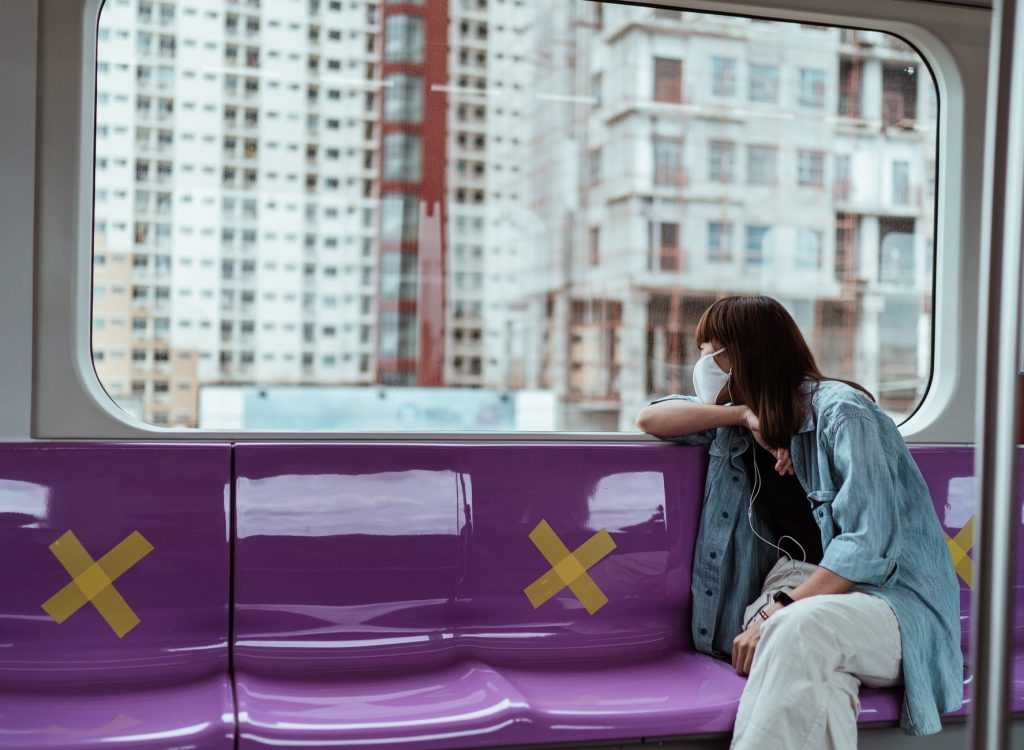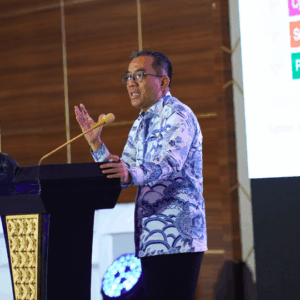Jakarta enters a period of transition to the “new normal” due to Covid-19 pandemic. Besides getting enthusiastic, a worry comes across the risk of using mass transportation since the number of confirmed cases is still arising. Simple question: Jakarta’s Public Transport: Safe or To Be Avoided? The Jakarta Property Institute (JPI) works together with the Center for Policy & Public Management SBM ITB held a webinar to discuss the issue on Wednesday (10/06/2020).

Director of Technical and Facilities PT Transportasi Jakarta (TransJakarta), Yoga Adiwinarto explained that the city-owned transportation company Transjakarta and its partners has set health protocols during the transition period from the Large-scale Social Restriction (PSBB) to the new normal. “Our mission is to connect the life of Jakarta. We will put our great effort including to build cooperation with other parties to make sure a safe ride,“ told Yoga.
The importance of collaboration is highlighted by the Director of Jakarta Property Institute (JPI), Mulya Amri. “Collaboration between public transport operators and district managers is also important. Building managers monitor the crowd inside the buildings while district managers oversee people movement outside such as from buildings to bus stops or nearby stations,“ said Mulya.
Collaboration is also needed from the government side as explained by the urban transportation expert, Puspita Dirgahayani. She goes to talk about the instrument policies to support. “Public transport policy cannot be separated from other policies. Focus on its social function than the economist’s purpose and fiscal policy to subsidize public transport can be considered,“ she said.
Interesting comment on the issue is elaborated by decision making expert on transportation mode, Dr Yos Sunitiyoso. The use of mass transportation is unavoidable, he said. “Not only to provide transportation services but also to prevent the civilisation’s collapse. So, we need to make sure that it is safe to ride on,” as he continues.
Yos displays the facts taken from BPS in 2019 showing mass public transport’s user by 14,9 percent while motorcycles and car users by 62,2 percent and 8,6 percent. “It is significant for the mass transport operators to convince the riders on its safety to prevent them moving to private vehicles for those who have access,” said Yos while adding that psycho-social approach can be used to leverage a behavior change of mass transportation users.
“Giving us the optimism that we can make this public transportation safe by collaboration between government, transportation operators, academia, business sectors, and users. Public transport has contributed greatly to the development of Jakarta, we need to keep the progress,” said moderator, Agung Wicaksono from the Center of Policies and Public Management SBM ITB.






